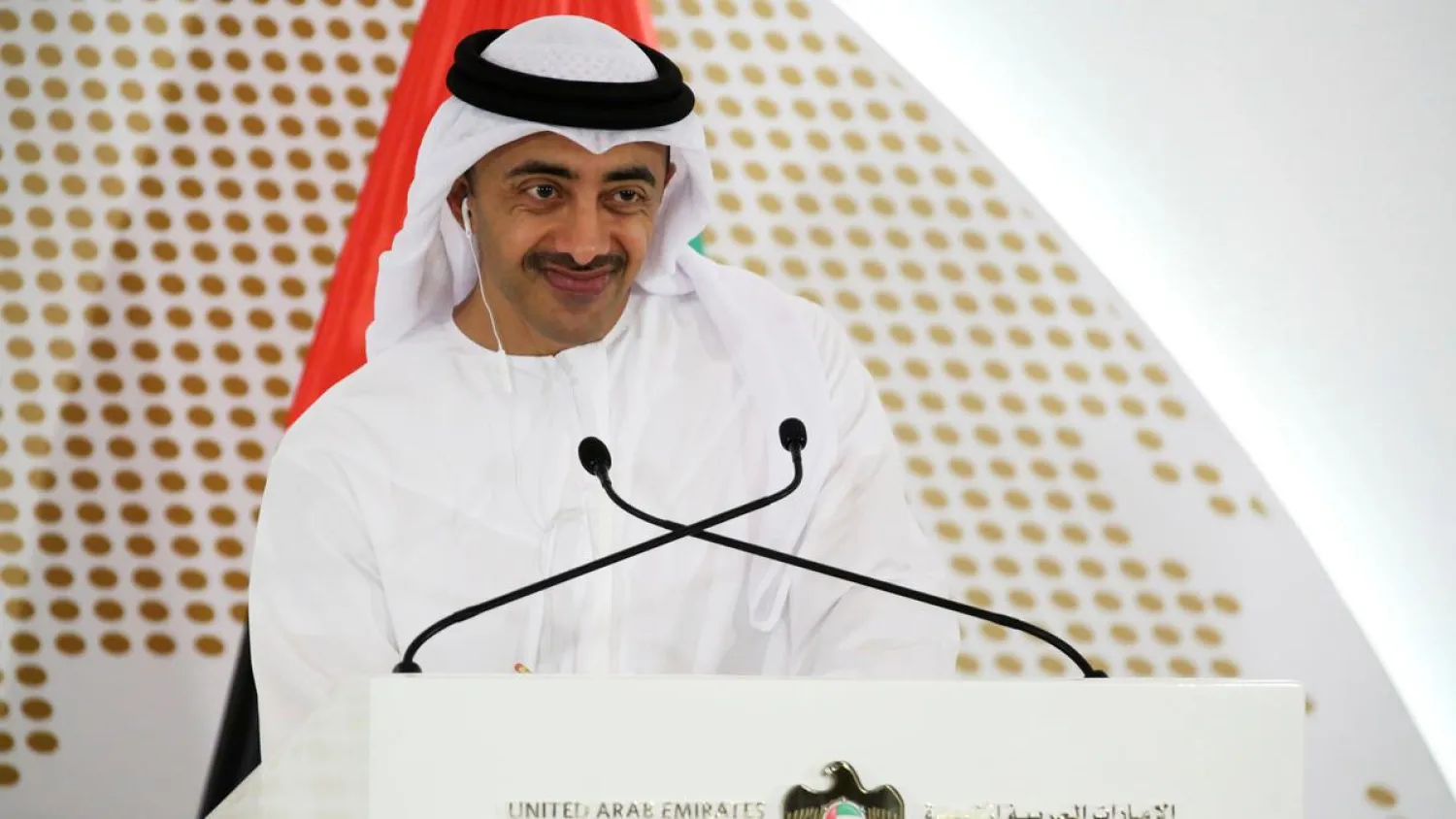United Arab Emirates’ Minister of Foreign Affairs Sheikh Abdullah bin Zayed Al Nahyan said Tuesday that normalizing relation with Israel is “a historic diplomatic breakthrough” and a sign that peace in the Middle East is possible.
In an opinion peace for the Wall Street Journal ahead of the signing ceremony of the Israel-UAE deal, he said that the US-brokered agreement is a sign that “Emiratis and Israelis, and all the people of the Middle East, are tired of conflict.”
“The priority now is to continue to modernize our societies and to stabilize the broader region. Better ties between Arab states and with Israel will help, but we must go further and faster on other fronts,” he wrote.
"The United Arab Emirates is ready to build on the peace agreements with Israel to build a more prosperous and stable region," he added.
“The first and most urgent priority is to de-escalate tensions and begin a regional dialogue on peace and security,” said the minister.
He urged the Palestinian leadership to seize the agreement as an opportunity to reengage in productive talks, adding that the “pace and scope of normalization won’t be disconnected from progress on Palestinian statehood and rights.”
The normalization agreement is set to be signed during a ceremony at the White House on Tuesday.
US President Donald Trump will host the event, which will be attended by Israeli Prime Minister Benjamin Netanyahu, UAE’s Sheikh Abdullah and Bahraini Foreign Minister Dr. Abdul Latif al-Zayani.
Bahrain announced on Friday that it had also reached an agreement with Israel to normalize ties. It will sign a similar deal during Tuesday’s ceremony.









